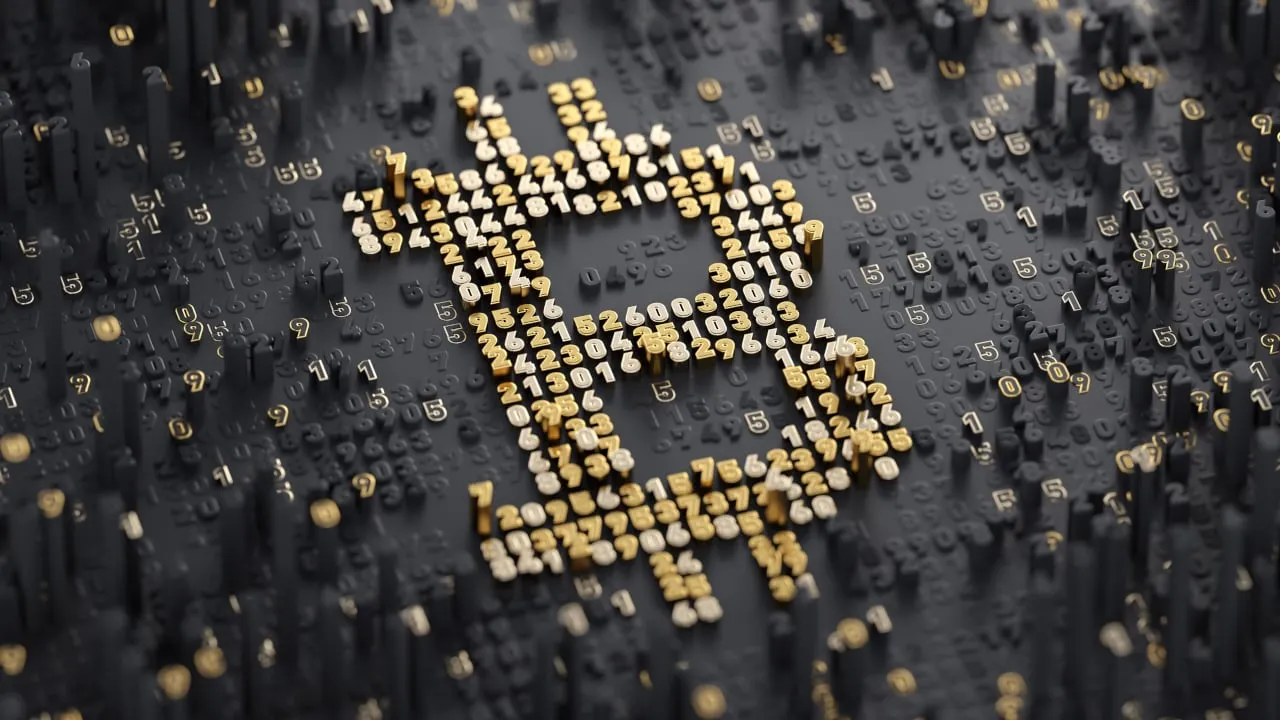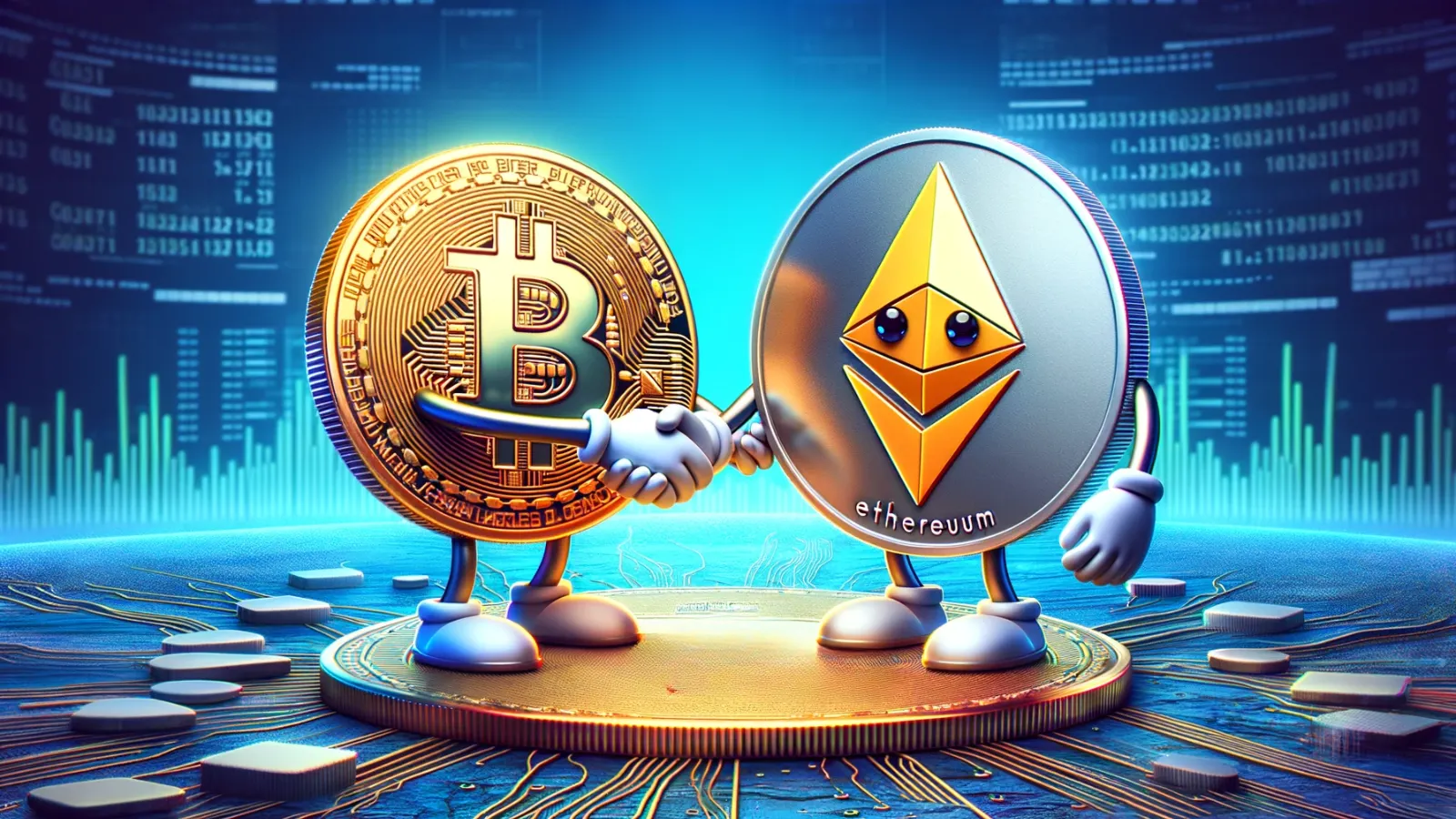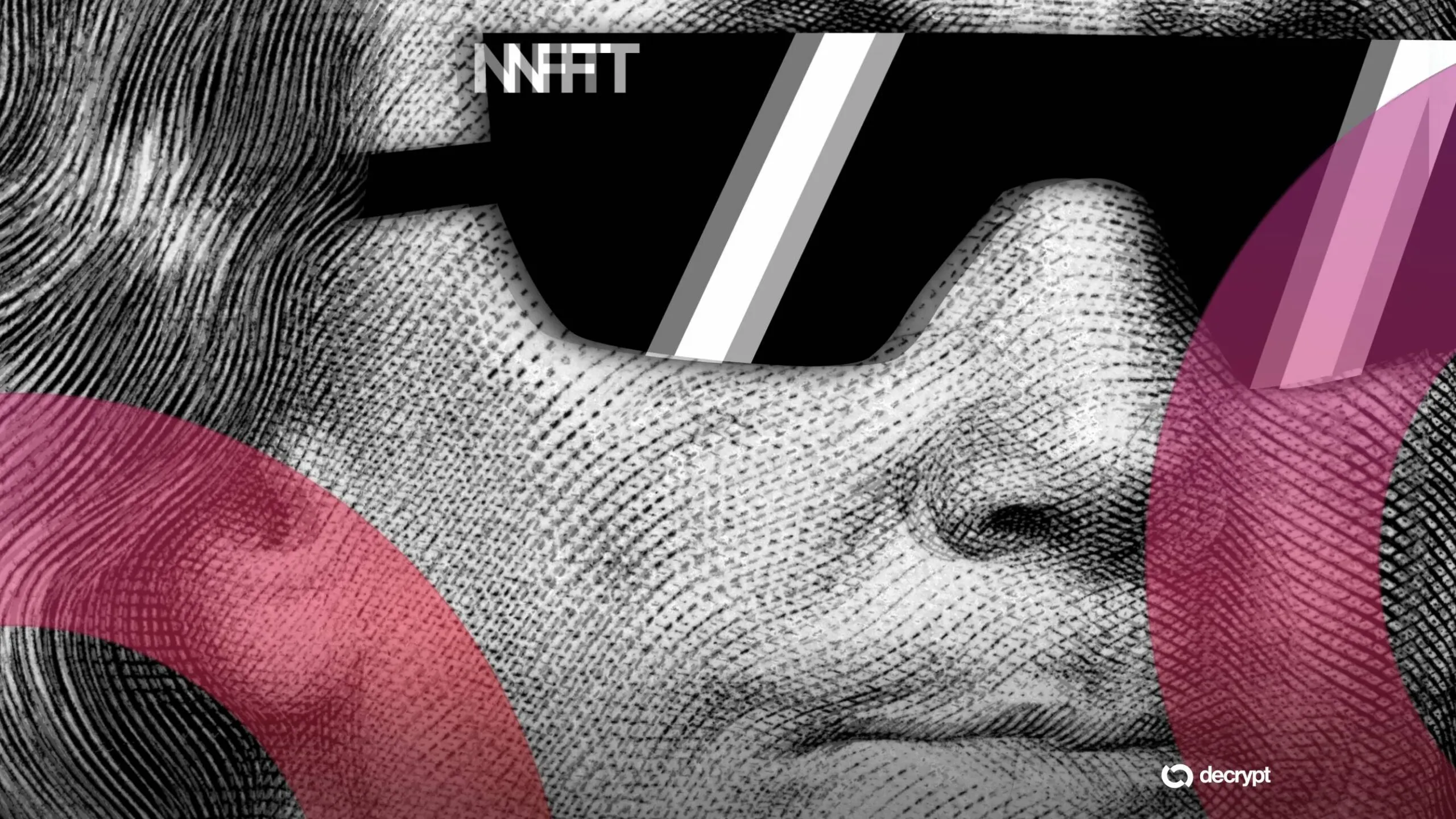The red-hot Ordinal Inscription protocol continues to draw new developers who hope to put their stamp on the Bitcoin blockchain. The latest is Bitfinity, which aims to integrate its Ethereum Virtual Machine with Bitcoin. The grand plan, Bitfinity said on Thursday, is to support Bitcoin-enabled DeFi services using a sidechain on the Internet Computer.
To achieve this, Bitfinity has raised $7 million in new funding, led by San Francisco-based investment firm Polychain Capital and Connecticut-based ParaFi Capital.
“As the demand to integrate Bitcoin increases, we believe Bitfinity’s EVM opens up the Bitcoin ecosystem to novel use cases and applications,” ParaFi Capital managing partner Ben Forman said in a statement. “We’re excited to support the entire Bitfinity team on their mission to enhance Bitcoin utility.”
Launched in 2021 by the Dfinity Foundation, Internet Computer (ICP) is an advanced blockchain-based computing system housed in a network of machines distributed worldwide. Internet Computer uses a unique consensus model called proof-of-useful-work, which aims to be more efficient than proof-of-work yet more secure than proof-of-stake models.
Bitfinity says smart contracts can hold and transfer Bitcoin and Ordinal assets on-chain using the Internet Computer's threshold signature scheme, known as Chain-Key.

Bitcoin Ordinals Marketplace Bioniq Launches—On Internet Computer
The Ordinals protocol—which enables the inscription of NFT-like assets on the Bitcoin blockchain—commanded the attention of the crypto world at the start of the year, and the space has continued to grow and evolve since. And here’s a new twist: The latest Bitcoin Ordinals marketplace isn’t even built on Bitcoin. Bioniq, which is backed by Polychain Capital and officially opens Wednesday, is instead built on Internet Computer (ICP), the layer-1 blockchain developed by Dfinity that offers integrat...
Bitfinity’s EVM scheme is not the first time the ICP network has been used to handle Ordinal inscriptions. In November, Ordinals Marketplace Bioniq launched on the Internet Computer.
Bitfinity founder Max Chamberlin said the project is not meant to supplant Bitcoin but to show that Ethereum and Bitcoin devotees are not that different.
“Justin Drake, an Ethereum researcher, once quipped, ‘Ethereum is Bitcoin,’ Bitfinity founder Max Chamberlin told Decrypt. “In the spirit of those words, I believe we are all Bitcoiners. Bitfinity is for everyone, and though some Bitcoin purists might shudder at the thought, they weren’t supportive of Ordinals or BRC-20 tokens anyway, and those took off to dizzying heights.”
While Bitfinity may offer lower cost and faster speeds, the company will still have to convince Bitcoin purists and Ordinal enthusiasts to use their platform instead of minting on the blockchain directly.
“Bitfinity doesn't change the fact that Ordinals are directly inscribed onto the Bitcoin blockchain, and as such, doesn’t change the core ethos of on-chain digital assets," Chamberlin said. “Rather, it just makes it cheaper to use them.”
Since its launch last year, over 50 million Ordinal inscriptions have been minted on the Bitcoin blockchain. One of the most recent inscriptions was of a letter from U.S. Securities and Exchange Commission chair Gary Gensler announcing the approval of several spot Bitcoin ETFs.
In addition to Ordinals, Bitfinity said future Bitcoin plans include BRC-20 tokens in its protocol. The BRC-20 standard allows users to create meme-coins on the Bitcoin network.
“If the lessons learned from Ethereum are anything to go by, many users will prefer a low-cost side-chain or L2 to run their transactions,” Chamberlin concluded. “So perhaps we could rejoin, in the spirit of Justin Drake, and declare—far from Ethereum being Bitcoin—Bitcoin is actually Ethereum through L2s like Bitfinity and much more beyond that.”
Edited by Ryan Ozawa.
Editor's note: This story was updated after publication to correct the type of consensus algorithm used by Internet Computer.




